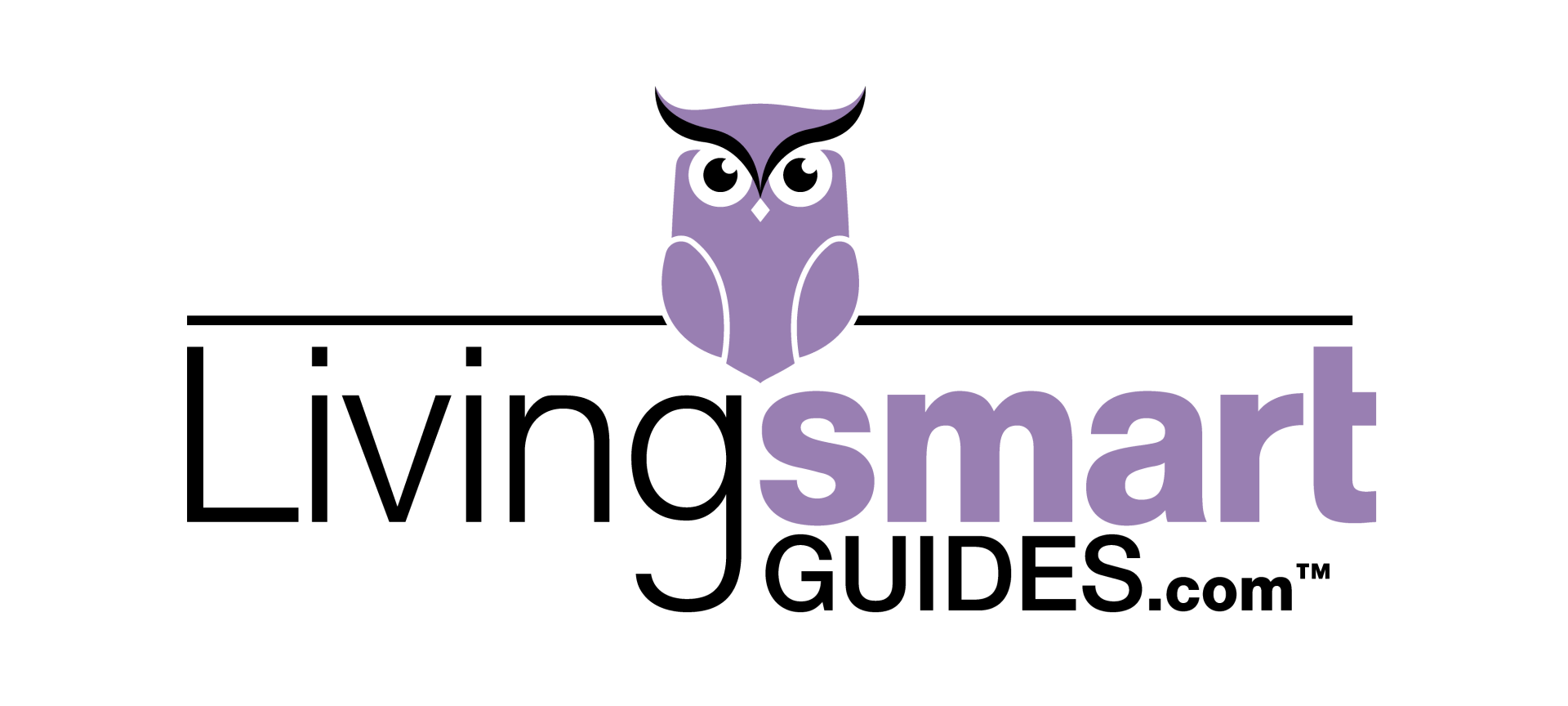There's No Use Crying Over Split Bicycles
Deborah Dillon • January 23, 2020
Whether it’s because life deals an unexpected blow or just the natural process of aging, most of us will have to face the permanent loss of one or more physical or other capabilities that we’ve taken for granted our entire lives. After my lengthy recuperation from over ten hours of brain surgery, I faced a number of adjustments because of lasting problems with balance and coordination. Even some of the simplest activities were no longer possible for me like riding a bike, swimming, or even going out in a boat. I could no longer swim laps with the usual strokes because bobbing my head up and down or side to side with each stroke made me terribly ill as did riding in a boat and I could no longer balance myself on a bike. Before the brain tumor I loved riding my bike to a nearby swimming pool for 45 minutes of laps. After the surgery I was determined to be able to ride my bike and swim again but no matter how hard I tried or what approach I took, any attempt at riding my bike resulted in the bike on the ground and me in tears of frustration and swimming made me so nauseous that I couldn’t manage a complete lap.
That all changed after meeting a truly incredible person at a talk I gave for the Brain Injury Alliance of Kentucky. He appeared to be in his late twenties or early thirties and he had suffered a severe brain injury from a car accident. He spoke and moved slowly and with great deliberation as if each word and movement required supreme effort. He explained that he had to relearn the simplest of tasks and the amount of concentration and effort it had taken and he credited his determination to the adherence of the “Triple A’s”. Since I felt certain that he was no longer able to drive, I assumed that he was experiencing a “brain glitch” and wasn’t connecting the right dots when tying together his recuperation and Triple A. When he saw my confusion, he laughed and explained that the Triple A’s meant: Acceptance of what had happened; Adapting to his new reality; and Appreciation of the meaningful things in his life. Rather than mourn the loss of what he used to be, he celebrated everything that was left.
I took a page from his book and decided to look at things from a different angle in my own life. I still can’t ride in a boat because of motion sickness but I gave my bike away to someone who needed it, bought a three wheeled bike (a large wheel in the front and two in the rear), and worked with a swimming instructor to create a new (and rather strange) version of swimming laps that allows me to keep my head in a stationary position. Although I’m sure I resemble a Far Side version of either Mary Poppins or the Wicked Witch of the West (depending on my mood) when riding my bike and a robotic frog when I swim, what’s important is that I continue to practice the Triple A’s. I’ll also never forget the remarkable man I met at BIAK who taught me that, no matter what life dishes out and the limitations to your life, you’re always capable of making a difference in the lives of others.
The Brain Injury Association of America is at the forefront of all issues related to brain injury – whether through an injury, illness, stroke or other causes – including medical research, education and the day to day care for individuals and families living with brain injuries. For more information about all of the assistance provided by this wonderful organization, visit their website at www.biausa.org. Donations – no matter how small – can be made directly from their website.

The moment we learn that someone we love is seriously ill, many of us turn into cheerleaders on steroids. We dash to the internet and learn about all of the treatments known to man so we are prepared to guide them from one treatment to the next as long as even one remains untried. If they attempt to discuss their thoughts and fears about death, end of life matters or express doubts about continued treatments, we stop them in mid sentence and assure them that they are going to be fine, that they just have to remain positive. If they’ve undergone torturous treatment after treatment and are ready to find peace and acceptance and a more pain free and better quality of life, even if it means a shorter life, we are quick to tell them that - if they love us - they won’t stop fighting. We refuse to even consider, much less discuss, the possibility of their death as that equates to failure by all involved. We do all of these things because we love them - right? Or, is that really true? We never stop to consider that we might be doing all of these things to make ourselves feel better, not the person we love. Could it be that our fear and grief over possibly losing them has made us selfish at a time when what they need most is for us to really listen to them and follow their wishes instead of our own? It’s something to think about. I’ve spent the past several years giving talks and workshops to a variety of organizations, many of which work with seriously and terminally ill individuals. One of the most surprising things I’ve learned is that, for many, the greatest challenge they face other than their illness is their family’s unwillingness to stop being cheerleaders and start listening. They want to be able to talk openly and honestly about their illness, the possibility of death and other difficult subjects. They want unconditional acceptance and support for the decisions they make - whether or not you agree with them. These situations can be much less difficult if every adult would complete the comprehensive questionnaire created by the non-profit group The Conversation Project ( www.theconversationproject.org ) and discuss the results with family members. It's essential to be able to talk about important life decisions openly and honestly which is more easily done before your family is stricken with a health crisis. Most importantly of all, if someone you love is seriously ill, ask them what they want and what you can do to make their life as easy as possible under such difficult circumstances. Do your best to put your fears and grief aside and put their needs before your own.

Giving talks and workshops are two of the most enjoyable and rewarding things I do on behalf of Living Smart. I’m fortunate to be able to work with so many wonderful organizations and recently it was my privilege to speak at the International Parents Without Partners annual conference. Those who know that I have never been a parent - unless you count the long line of felines who’ve run my life over the years - were amused by the thought of me sharing tips, advice and resources with a multitude of single parents. But you know what, not having children of my own makes me particularly qualified to discuss the importance of parents being prepared for the unexpected. I’ve clocked untold hours over the years as a baby sitter and have observed that being a parent means being a nurse, teacher, organizational expert, therapist, coach, psychic, psychologist, social director, mediator, home economist, cook, financial planner and more. I realized long ago that being a parent is the most important and difficult job anyone can undertake. Over the years I’ve also observed that most parents are so accustomed to automatically hopping from one role to the next that they no longer appreciate all of the working parts needed to keep their children’s lives running smoothly. However, a non-parent like myself understands all too well the absolute necessity of written information and instructions when caring for someone else’s children for even a short period of time. Even very simple things that parents do almost without thinking must be spelled out for others to not only know what to do but how and when to do it. A two parent family has to work diligently to keep all the balls in the air and a single parent is nothing short of a tightrope walker, one step away from a system breakdown because many lack ready backup. Yet as essential as parents are to the well being of their children, I’m surprised by the number of parents who have no emergency backup plan to keep their children’s day to day lives on track in case unexpected events render one or both parents unable to manage part or all of their children’s lives for some period of time. Maybe it’s because they don’t realize everything that they do day in and day out for their children. Maybe the thought of putting together an emergency plan seems overwhelming. Whatever the reason, I hope that the many easy to use informational schedules, instructions and other resources readily available on LivingSmartGuides.com will motivate them to take the time to put the safeguards in place that will enable others to care for their children in a crunch should the need ever arise.
